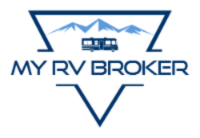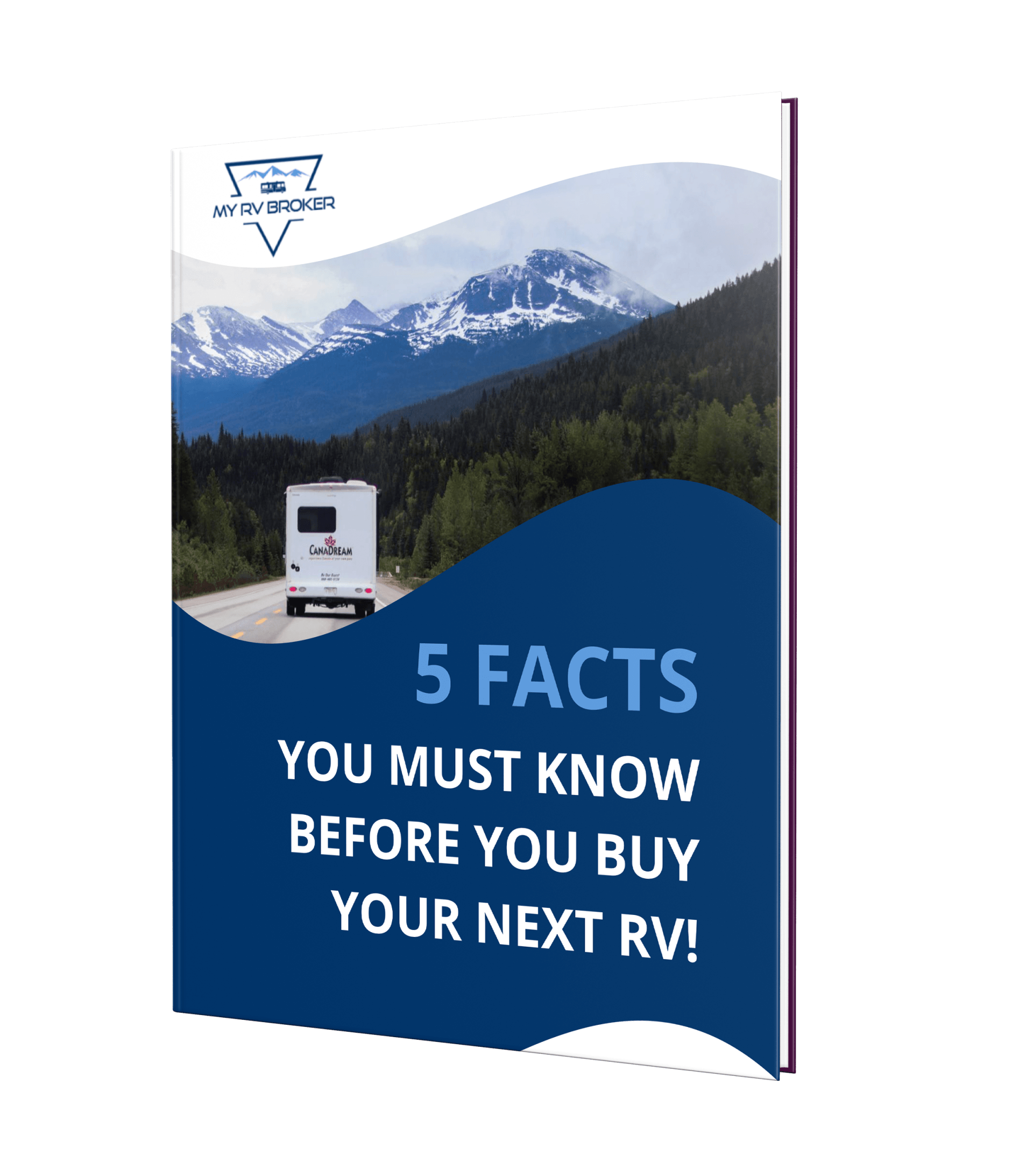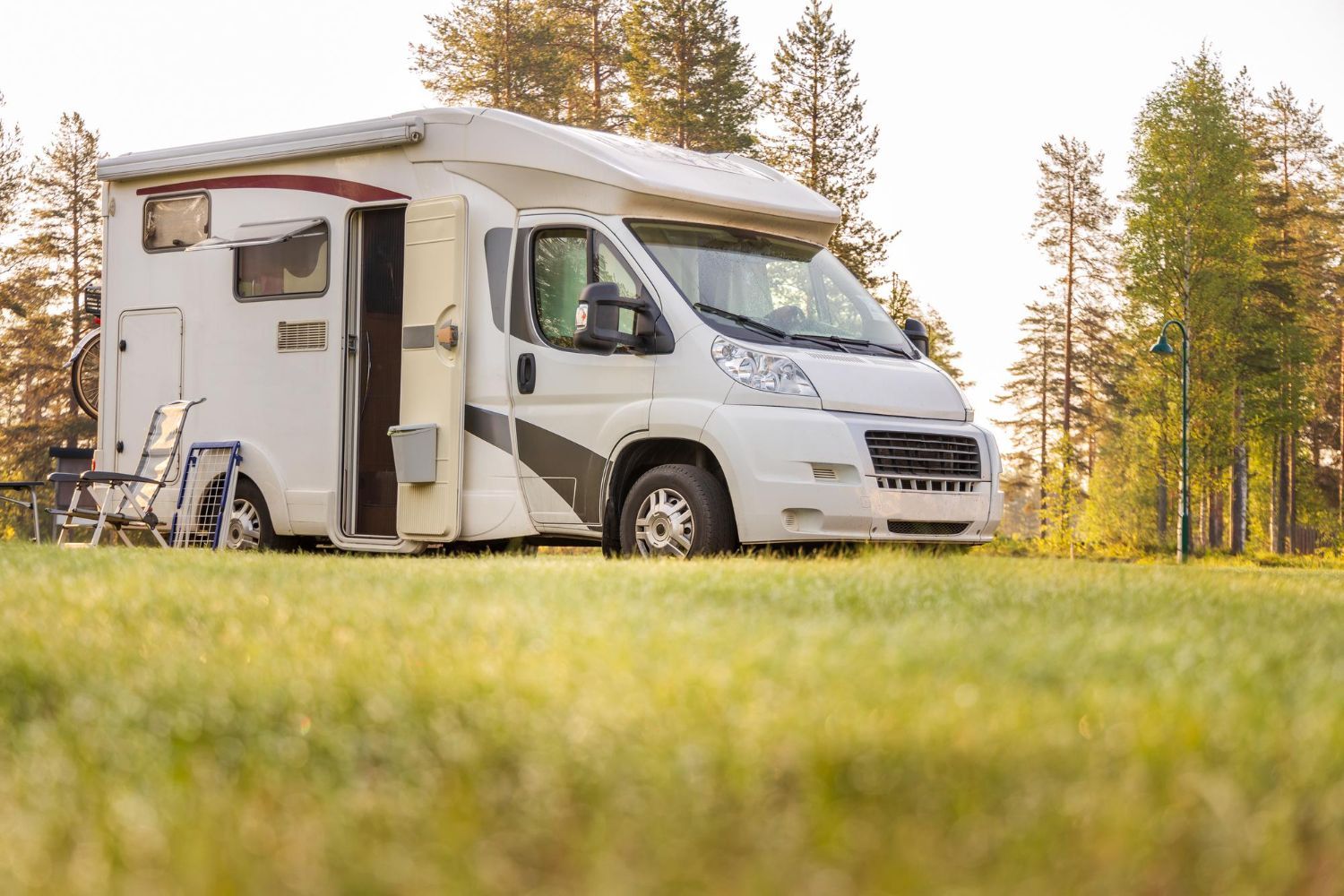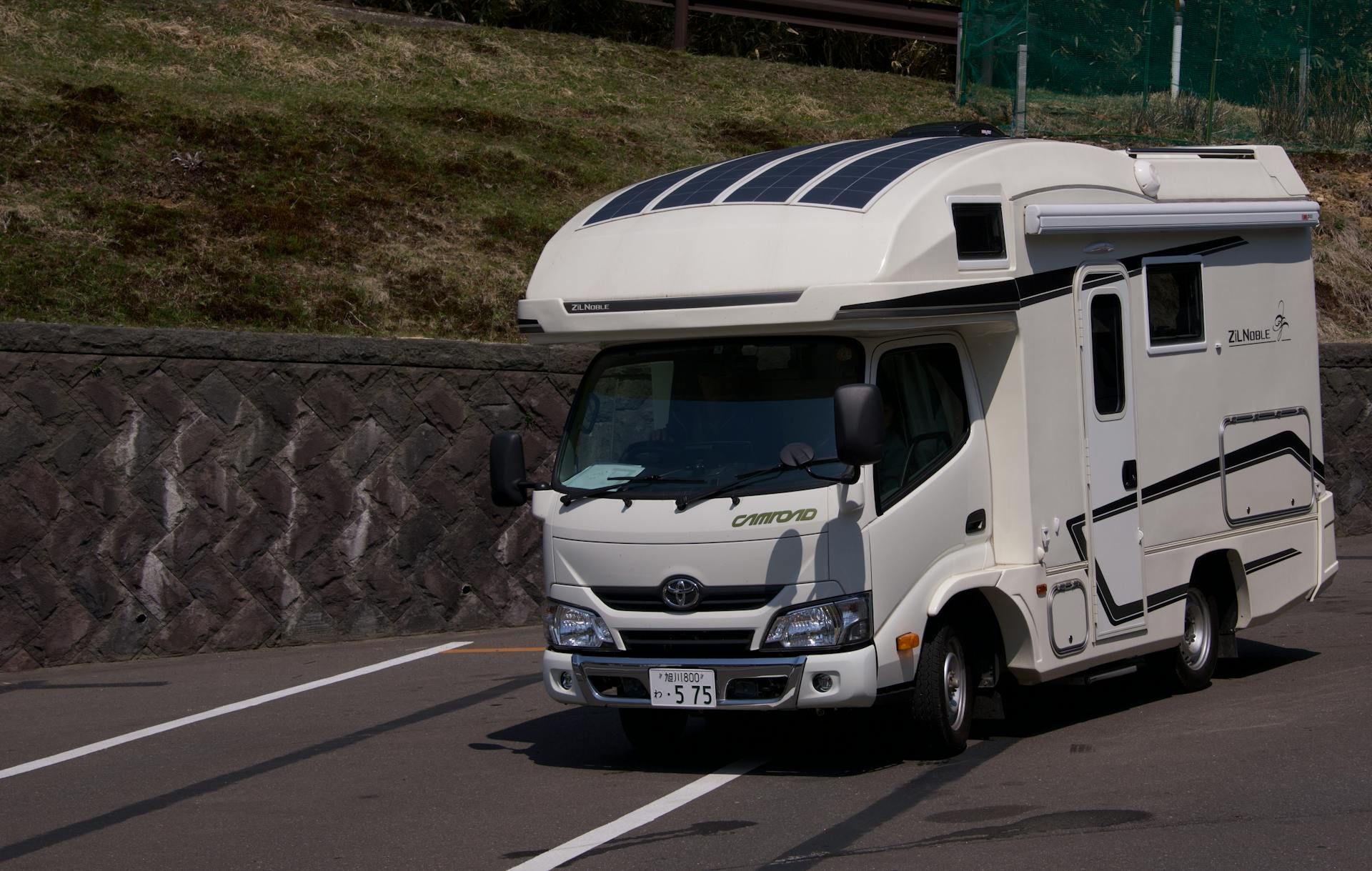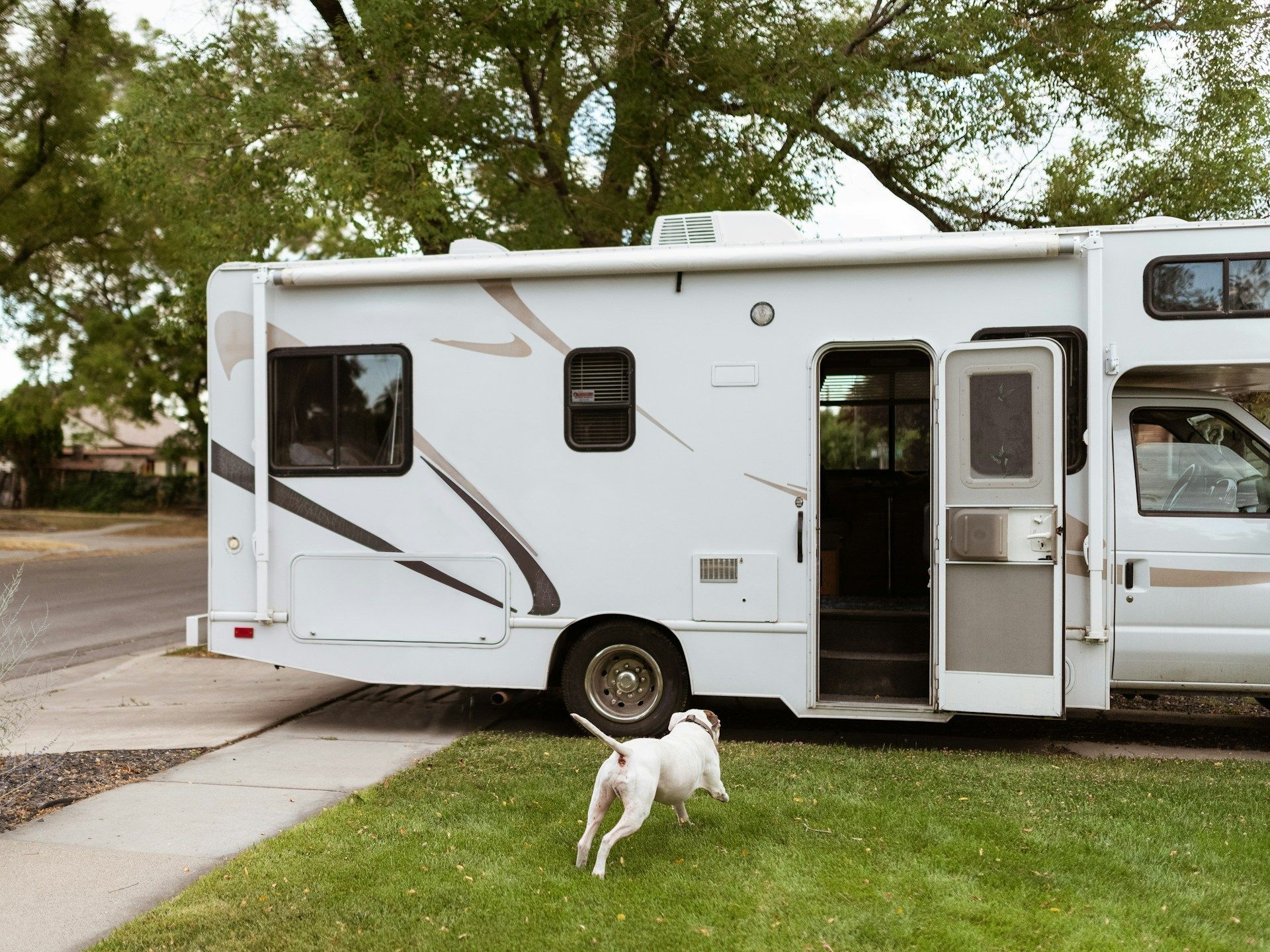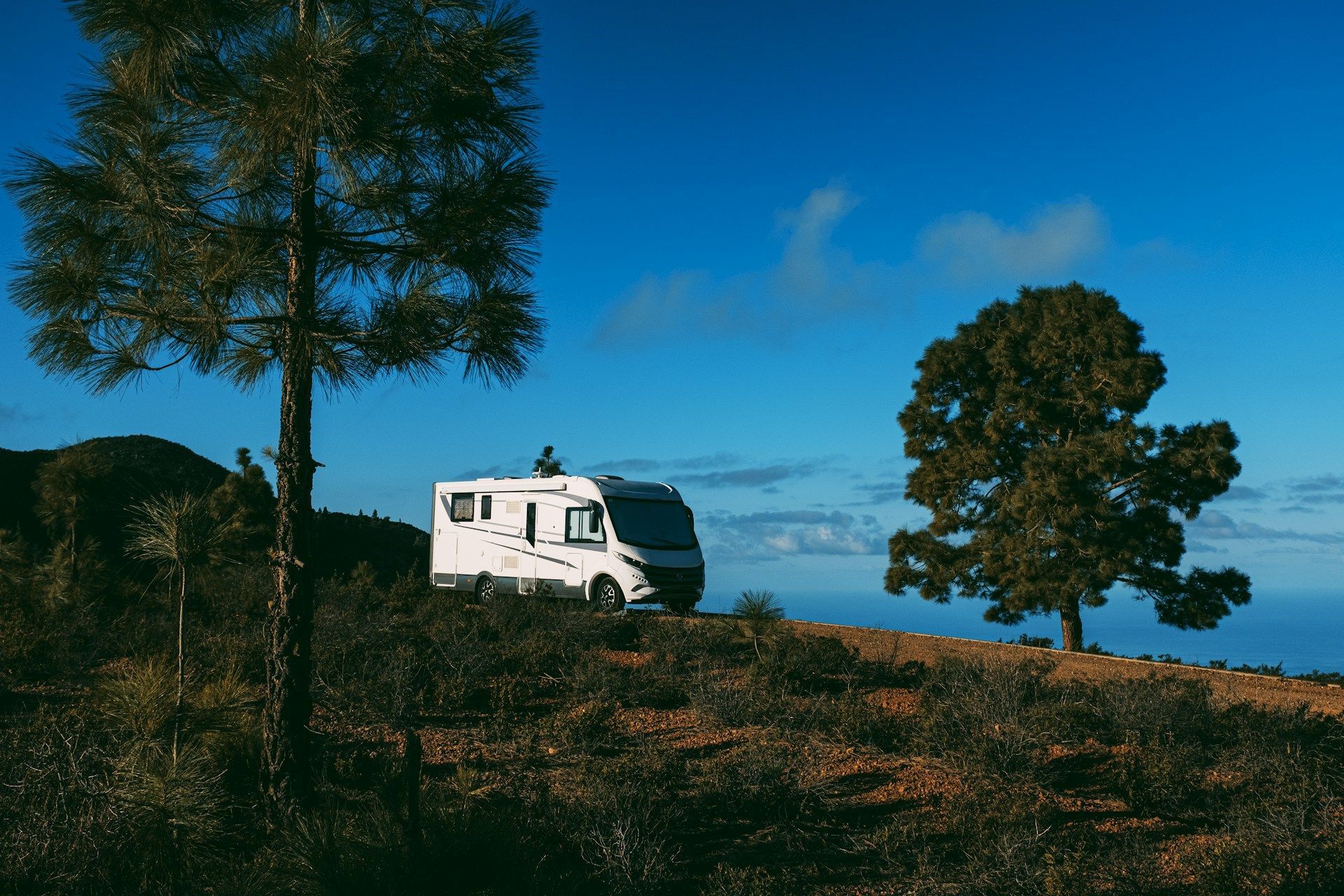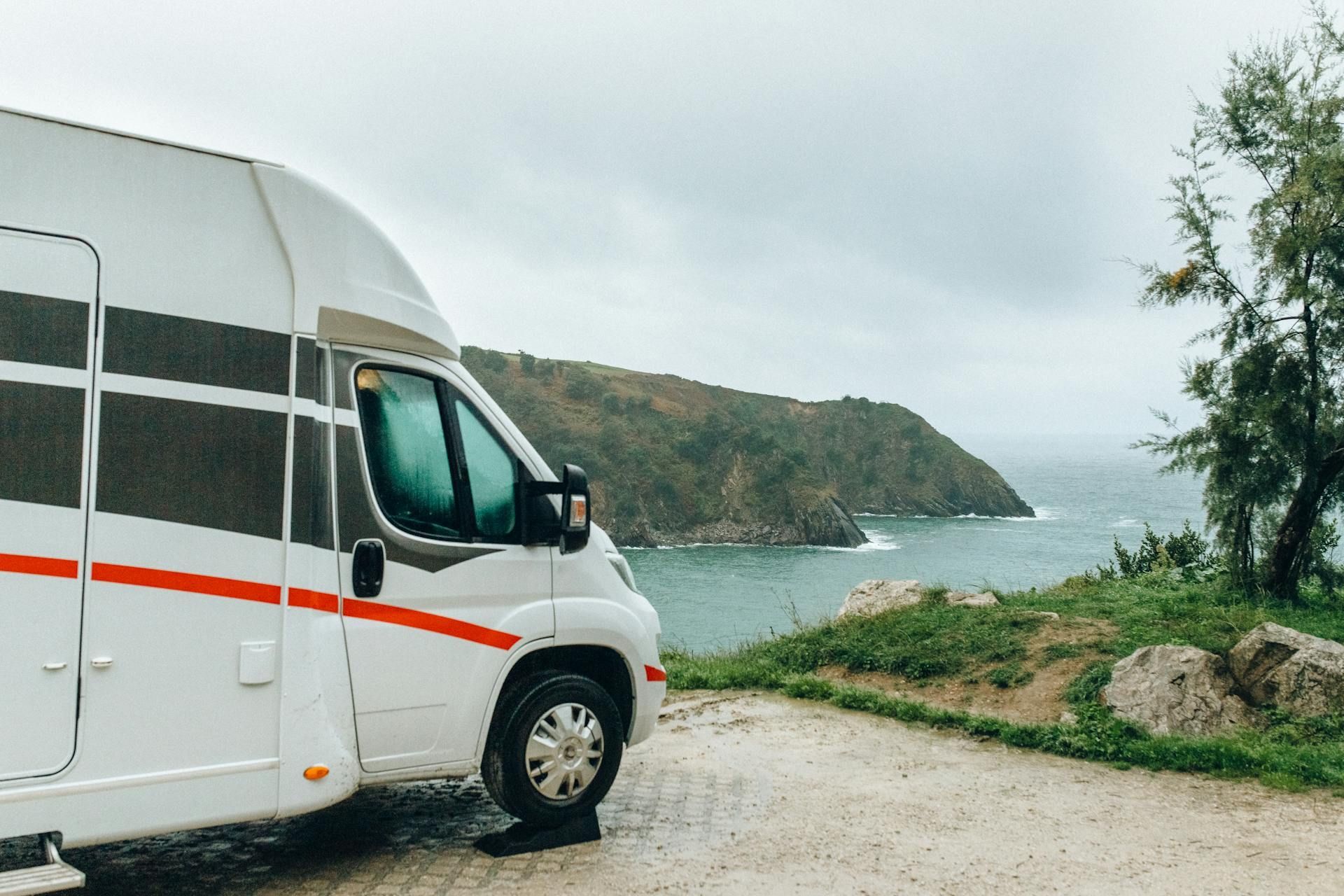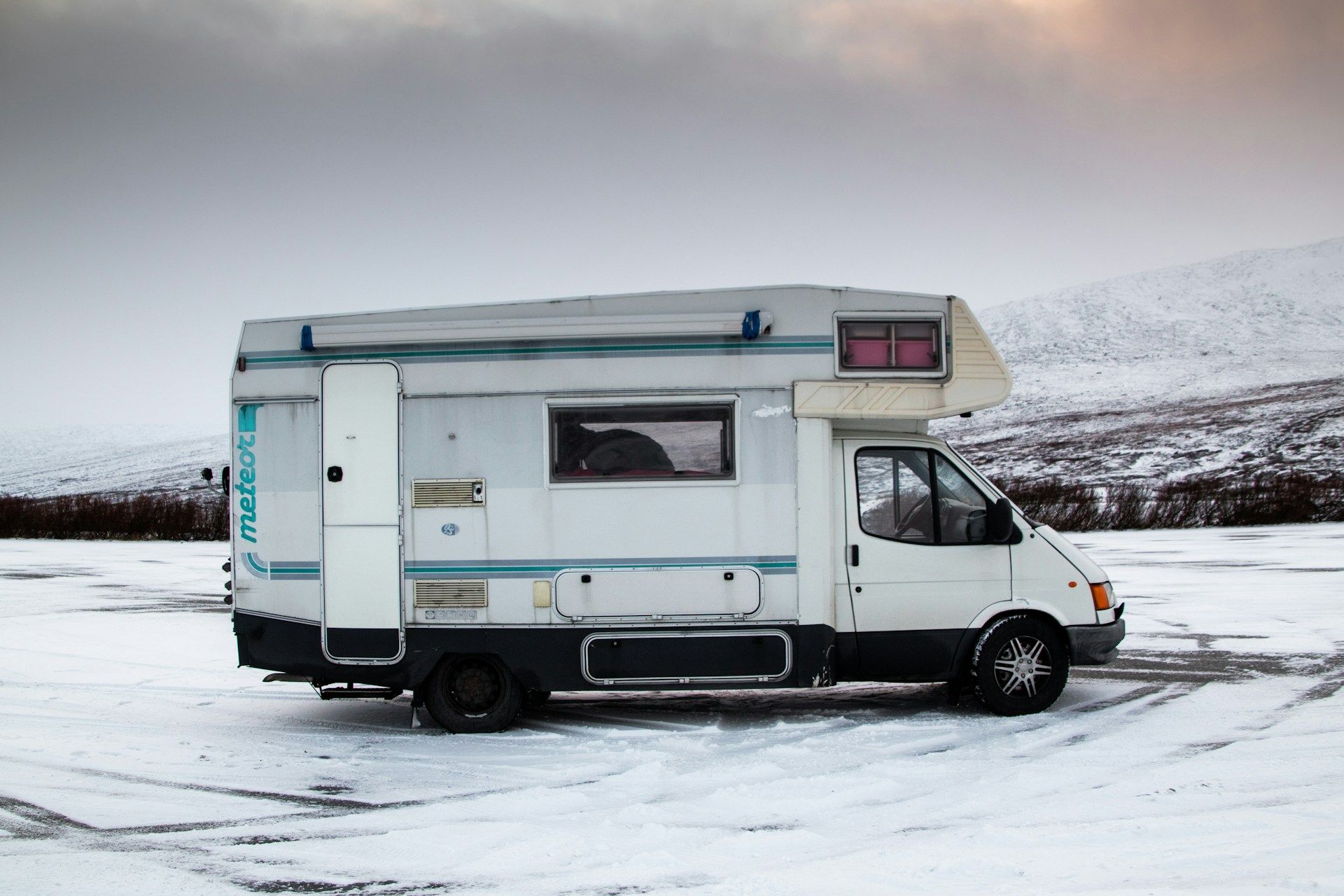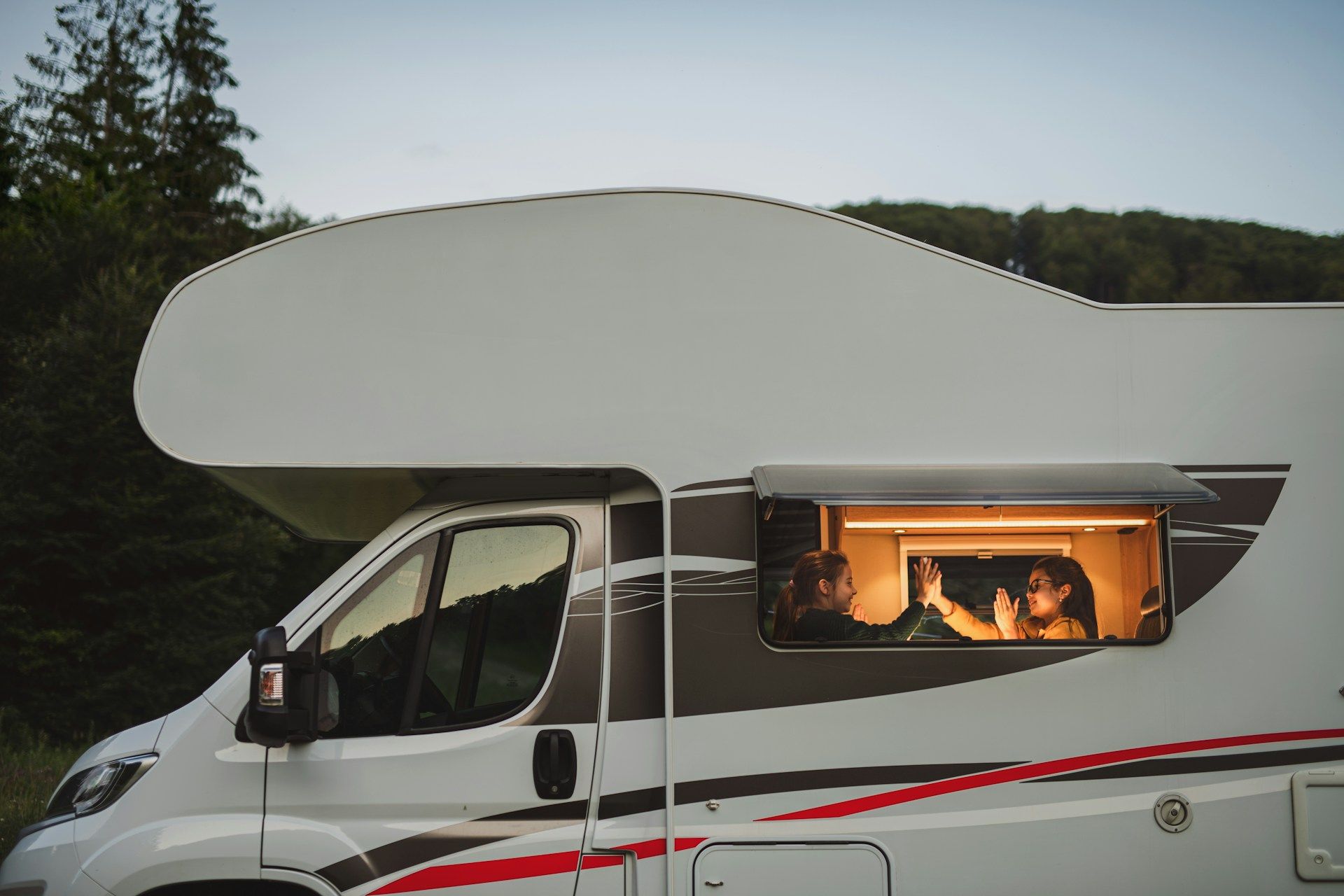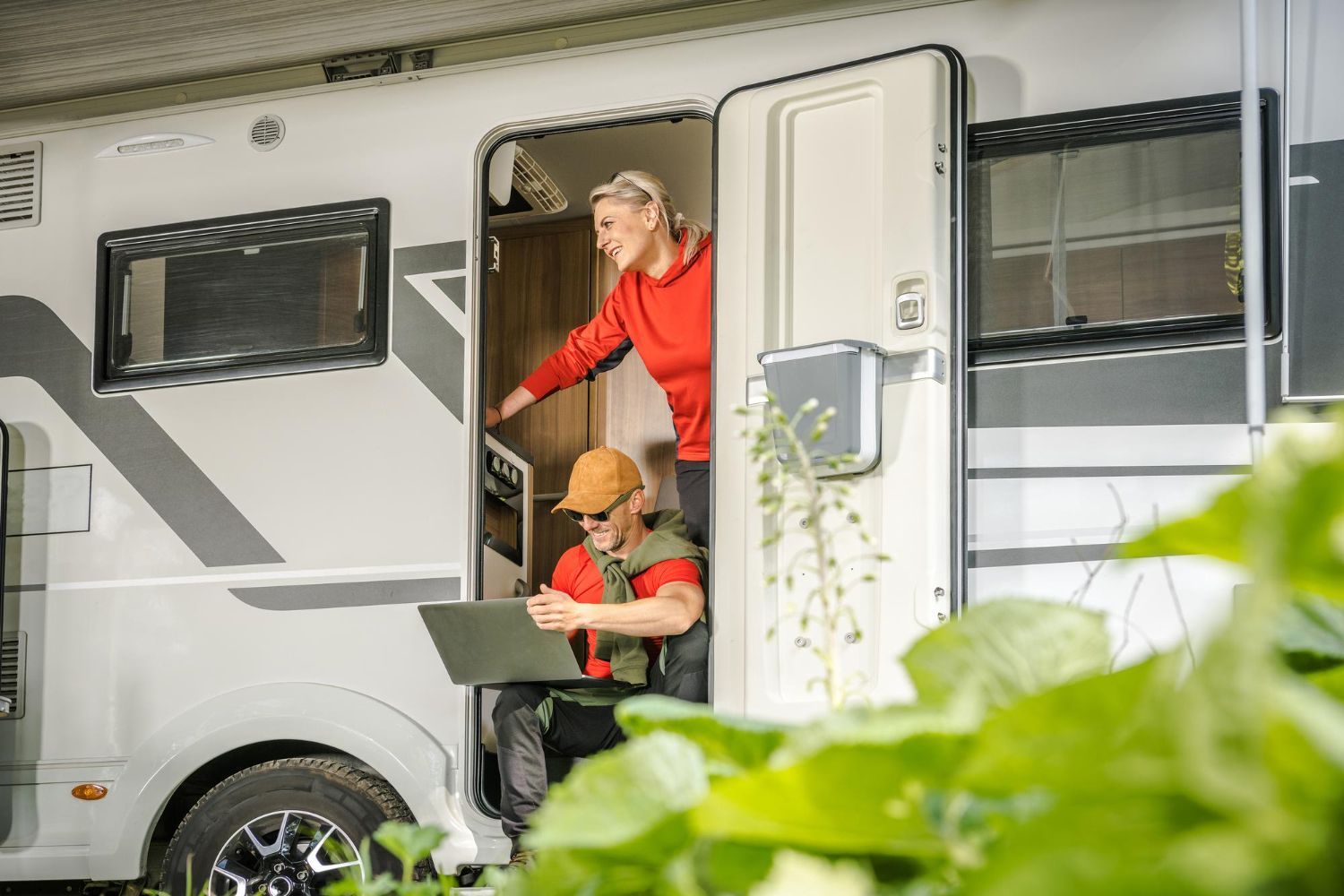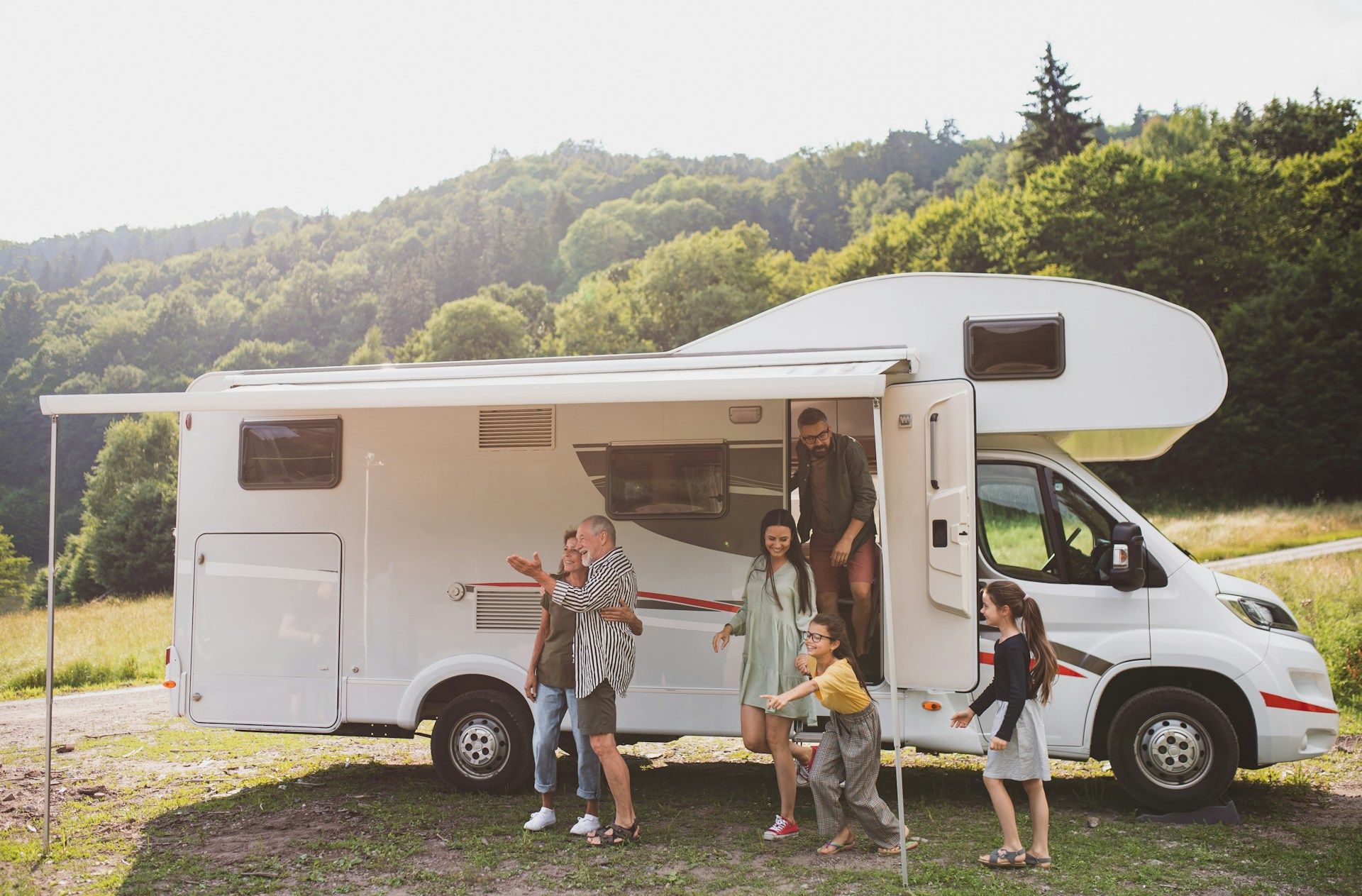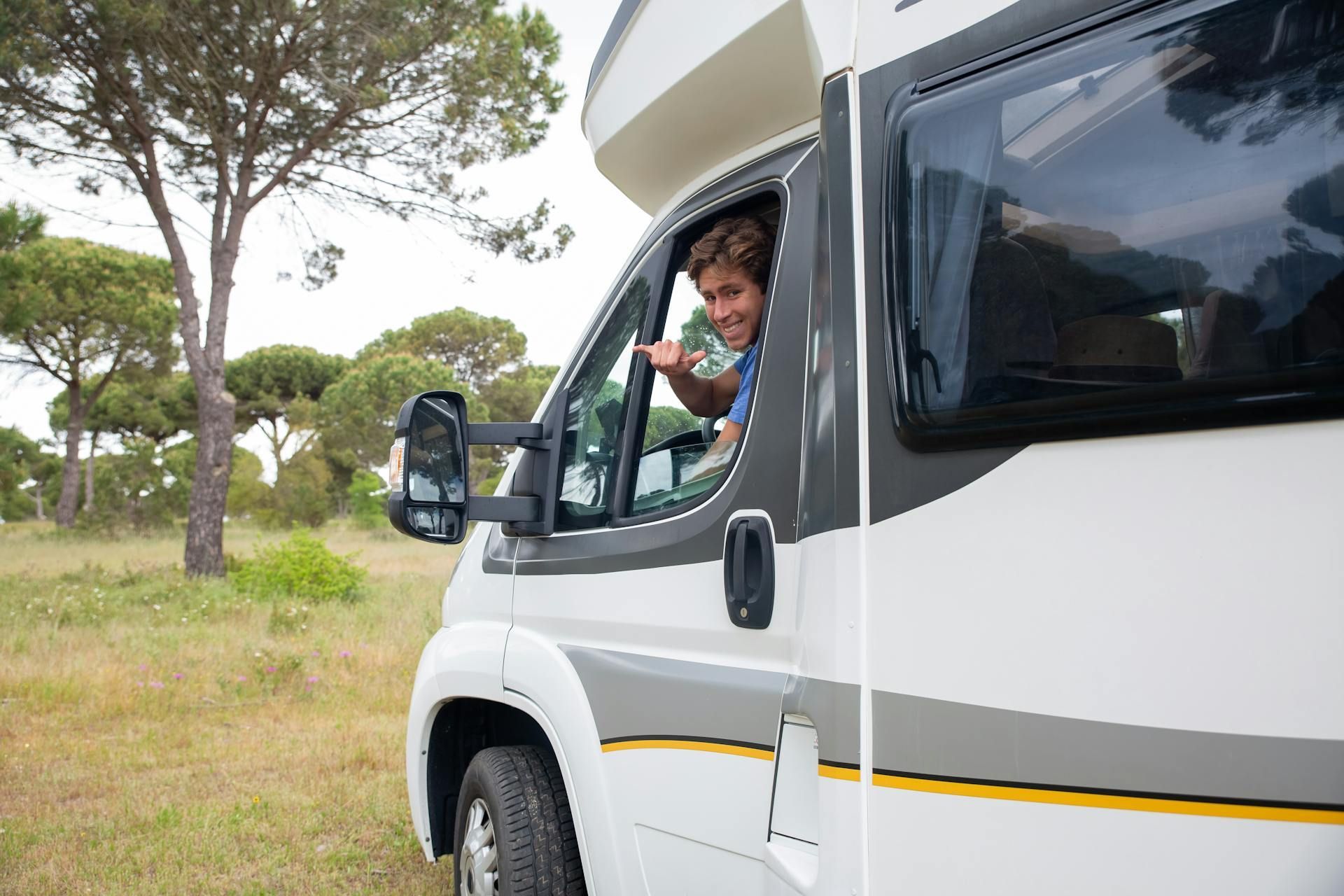How Do I Hook Up My RV at a Campsite?
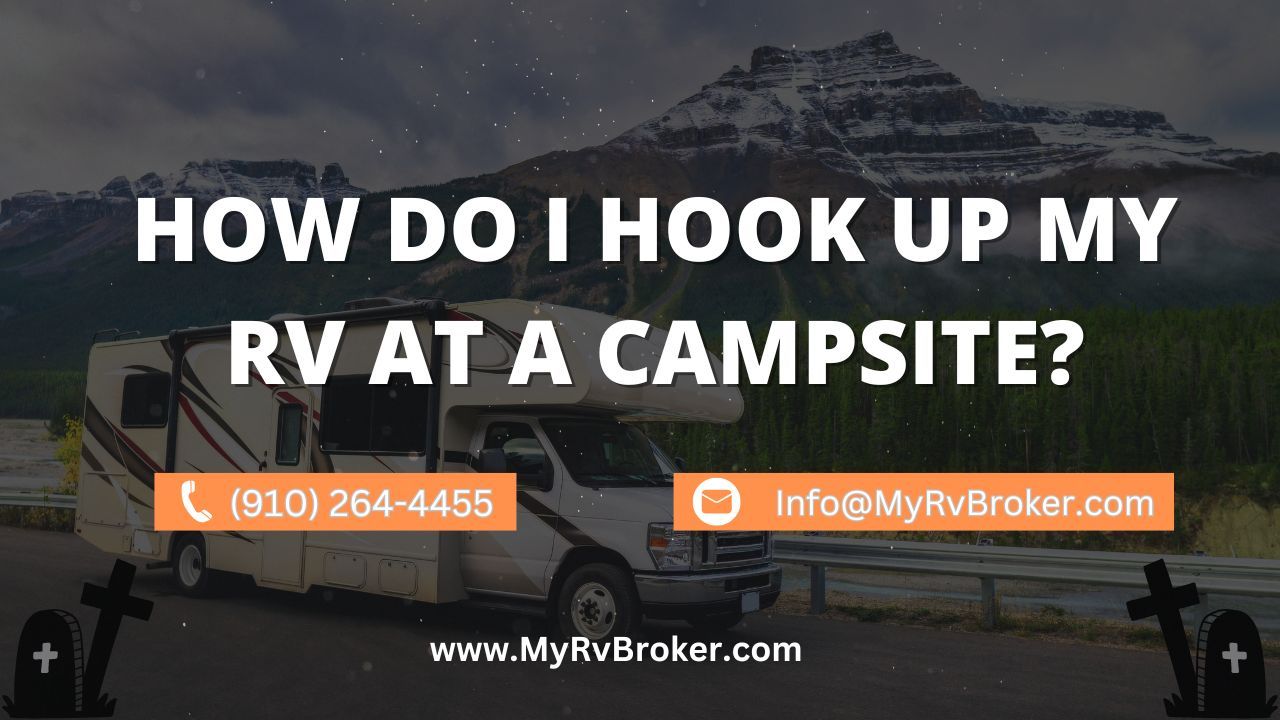
So, you just got an RV and are ready to hit the open road and do some camping. But before going on your maiden voyage, it's important to know the basics of how to hook up your RV at a campsite to ensure you have power, water, and proper waste disposal. This guide will walk you through the entire process step-by-step.
Let's get started!
Types of RV Hookups at Campsites
There are a few different types of RV hookups you may encounter at campsites:
- Full Hookups: This type of site has connections for electricity (30 amp or 50 amp outlet), water, and sewer. It allows you to connect your RV to these utilities and operate it just like you would at home. Full hookups provide the maximum convenience.
- Electricity and Water Only: Some campsites have power outlets and water spigots but no sewer hookup. You'll need to carefully monitor your grey and black water tanks if dry camping and dump them at a dump station when full.
- Electricity Only: Provides an electrical outlet but no water or sewer. You'll need to bring fresh water and be self-contained. Solar panels can help supplement your power needs if boondocking off-grid.
- No Hookups: Also called "dry camping." Requires you to be completely self-contained with fresh water, power, and waste storage. Best suitable for RVs with solar panels, generators, and large tank capacities. Allows camping off-grid.
RV Hookup Equipment & Adapters
Depending on your RV's utility connections, the campsite hookups, and whether you'll be dry camping, you may need certain equipment and adapters:
- Electrical: 30 to 50-amp power cord adapter, surge protector, and optionally an extension cord and/or dogbone adapter to reach outlets farther away. Match the amperage ratings.
- Water: Water pressure regulator, non-toxic drinking water hose rated for RV use, and optionally a water filter to attach to the spigot before your hose.
- Sewer: 20-foot sewer hose and elbow adapter to connect your RV drain outlet to the sewer inlet at the site.
- Other: Wheel chocks for added stability, leveling blocks if the site pad isn't flat, and a torque wrench to ensure tight cable connections.
Connecting to Power Supply
Verify the outlet is properly grounded and matches your power cord. 30-amp is standard, with some full hookup sites having 50-amp service.Gently insert your dogbone adapter if required, connecting both sides prior to plugging into the outlet.Attach your surge protector to help safeguard electrical appliances and sensitive electronics.
Plug your power cord into the RV inlet and the outlet to energize the coach and lights.Start the generator if dry camping to power A/C, microwave, and other large loads.Flip breakers on to supply hot power to all circuits.With power established, you can turn on lights, power appliances, and electronic devices. Onboard electrical systems now switch from battery and inverter to shore power automatically.
Hooking Up the Water Supply
Attach one end of your drinking water hose to the campsite's water spigot using an adjustable spigot adapter to ensure a tight fit.Connect the other end to your RV's city water inlet, adding a water pressure regulator in-line if needed.Slowly turn on the spigot and check for leaks, tightening any loose fittings.Open external low-point drain valves to bleed out trapped air if there's an uneven water flow from the faucets.
Turn on the water pump switch if not connected to city water.Open each faucet briefly until the water runs smoothly, indicating the fresh water tank is now full if applicable. No more carrying water containers everywhere!
Connecting the Sewer System
If your campsite has a sewer hookup, follow these steps when connecting your RV:
- Align your RV near the sewer inlet so the sewage hose can reach comfortably when connected. Check tires for stability as needed.
- Remove the dust caps from the RV's black and grey drain outlets.
- Attach an elbow fitting to the RV's drain outlet to direct flow downward into the sewer hose.
- Connect one end of the sewer hose to the RV drain fitting, ensuring the hose isn't kinked.
- Place the other end into the sewer inlet, lining up and gently pushing until the connection clicks or threads engage.
- Secure with the threaded screw ring and insertion line as an additional safeguard against leaks or spills.
You're now free to drain greywater tanks from sinks/showers and the black tank as needed without filling up while out camping. No more fretting about tank capacities or dumping schedules!
Helpful Tips When Hooking Up
Carefully cross over/place any hoses or cables running from the hookup site to avoid damage by vehicles or pedestrian traffic.Always use RV drinking water-safe hoses to avoid bacteria or odors.Monitor your tank levels and empty black and grey tanks BEFORE getting too full to avoid overflows or backups.When unhooking from full hookups, disconnect the sewer system FIRST before retracting the water hoses and power cord.
Invest in quality sewer and power accessories rated and approved for RVs. Avoid makeshift solutions.Use a special wrench to tighten hose fittings SNUGLY but avoid overtightening.Keep wheel chocks in place and retract any stabilizer jacks before pulling away.
Lastly,
contact the campground hosts for any site-specific instructions or if needing any assistance hooking up.
Finding RV Campsites with Full Hookups
When planning your next RV getaway, focus your campsite search on those offering full hookups to make camping most comfortable and convenient for a great experience.
Look specifically for these indicators when researching locations:
✔ Electricity (30/50 amp power supply)
✔ Potable water connection
✔ Sewer inlet or dump station
✔ Paved RV pad parking spots
Reputable private campgrounds catering to RVers will have these amenities available at each campsite. State/national park campgrounds vary widely so check each one's listings closely for hookup specifics before booking.
Looking to buy or rent an RV for your next camping trip?
Contact the experts at
MyRvBroker for the best selection of RVs at unbeatable prices. Their knowledgeable staff can help you find the perfect RV to match your needs and budget.
Download The Free
Guide Below!
We've created this free guide to show you the top 5 facts that will help you when looking for your next RV.
